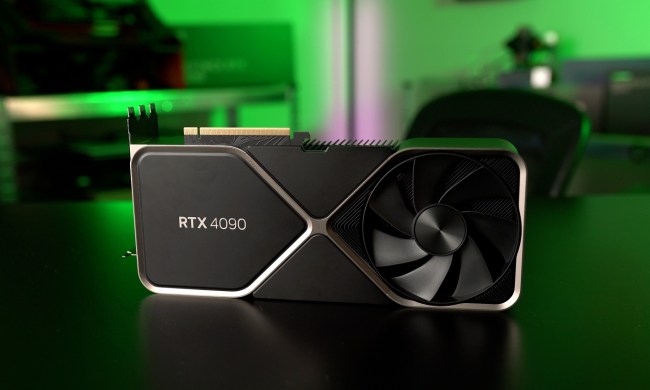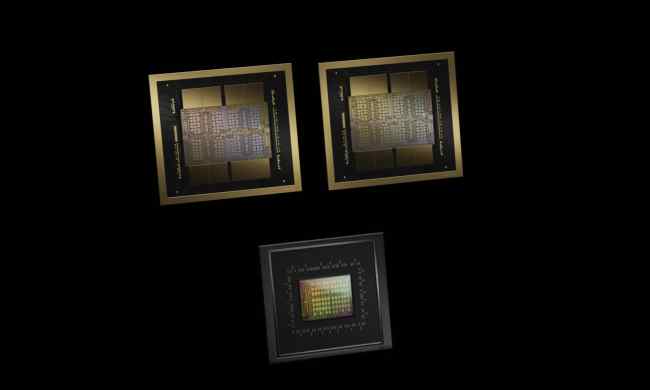
When it was launched a few years ago at MIT, the One Laptop Per Child project came under some criticism from domestic groups who argued it was disingenuous for the project to focus on the needs of educational systems in developing nations when there were plenty of needful, under-served children and students right in the OLPC organization’s backyard in the United States.
Now, in an interview, OLPC founder Nicholas Negroponte says the OLPC initiative plans to do something about it, by spinning out a separate organization during 2008 dubbed OLPC America. The new organization will work with the governments of the U.S.’s 50 states (an presumably, territories like Puerto Rico, the Virgin Islands, and Guam, as well as districts like Washington D.C.). According to Negroponte, the organization already has a director and a chairman, and will likely operate out of Washington D.C.-based offices.
Initially, the OLPC program focused on developing nations because of the sheer disparity between the amount of money those nations are able to put toward the education of a child, and the amount of money developed nations are able to invest. However, Negroponte indicated the U.S. had always been part of the OLPC project’s target market, just not the initial target. Expanding the OLPC to the U.S. educational market may also generate enough demand for the machines to enable OLPC to lower costs all around, as well as generate developer and user community momentum so new applications, tools, and educational programs can evolve from the OLPC project. It’ll also get kids in the U.S. and kids around the world talking to each other.
The OLPC America announcement comes shortly after Intel unceremoniously withdrew from the OLPC project—and the OLPC initiative seems happy to be rid of the world’s largest chipmaker: “We made a sincere effort of rapprochement, but it was clear from even the way that Intel terminated the relationship—with an ‘inadvertent leak’—that their was no reciprocal sincerity. We made great strides before Intel joined us and we will continue to make great strides now that they have left the OLPC association,” the organization wrote on its site.
Negroponte also said the OLPC project is working with Microsoft to develop a dual-boot system which would enable OLPC laptops to dual-boot Windows and its own Linux-based operating system.


